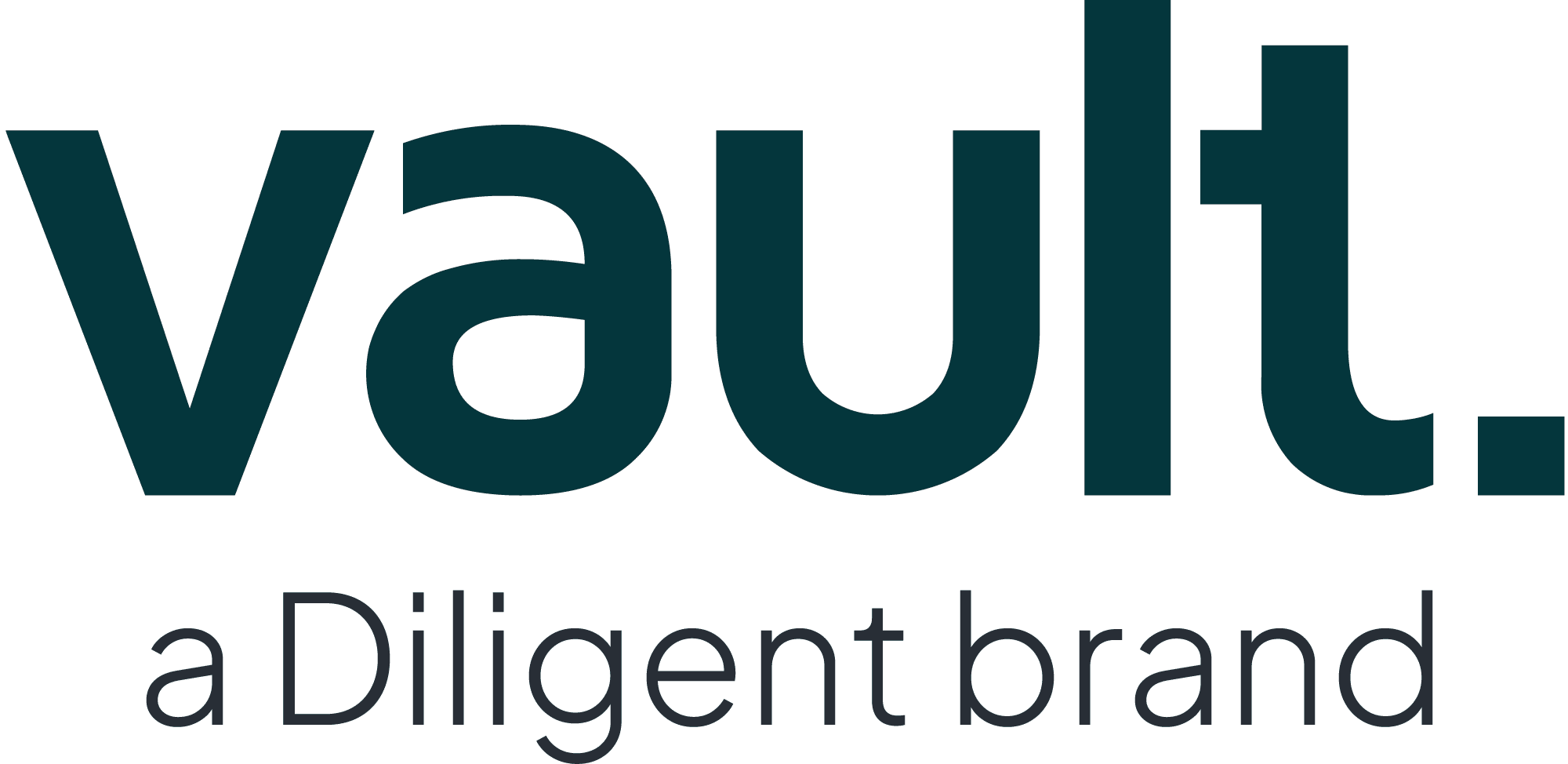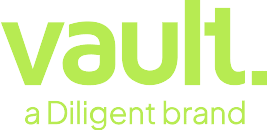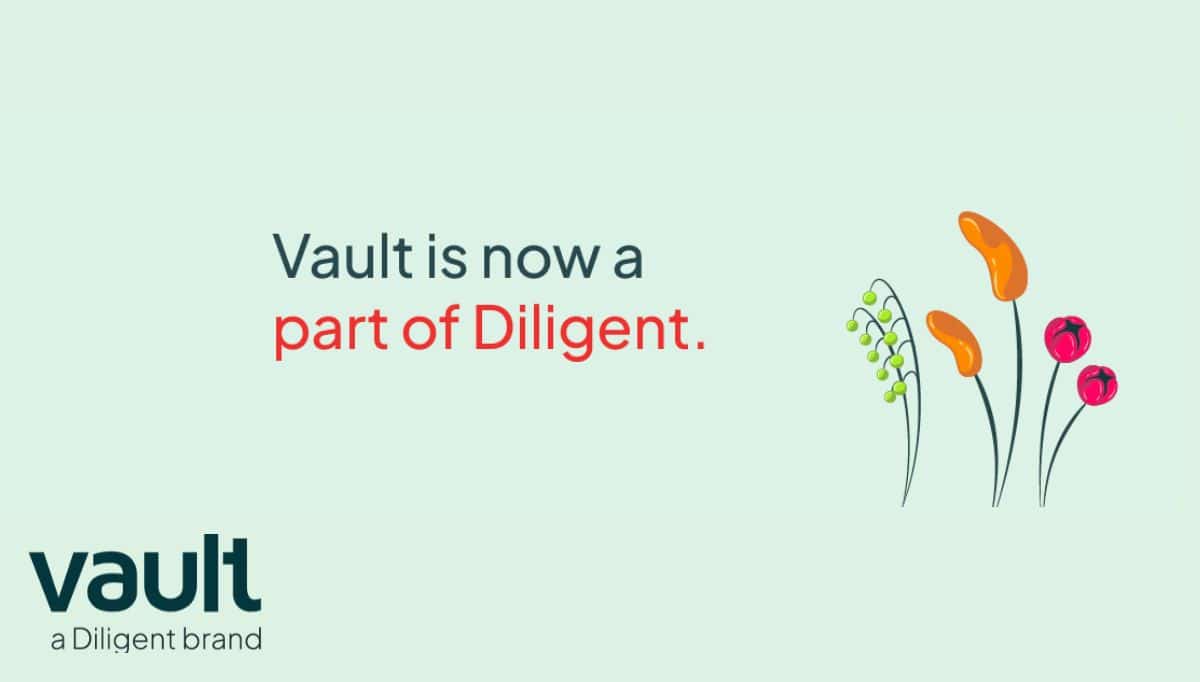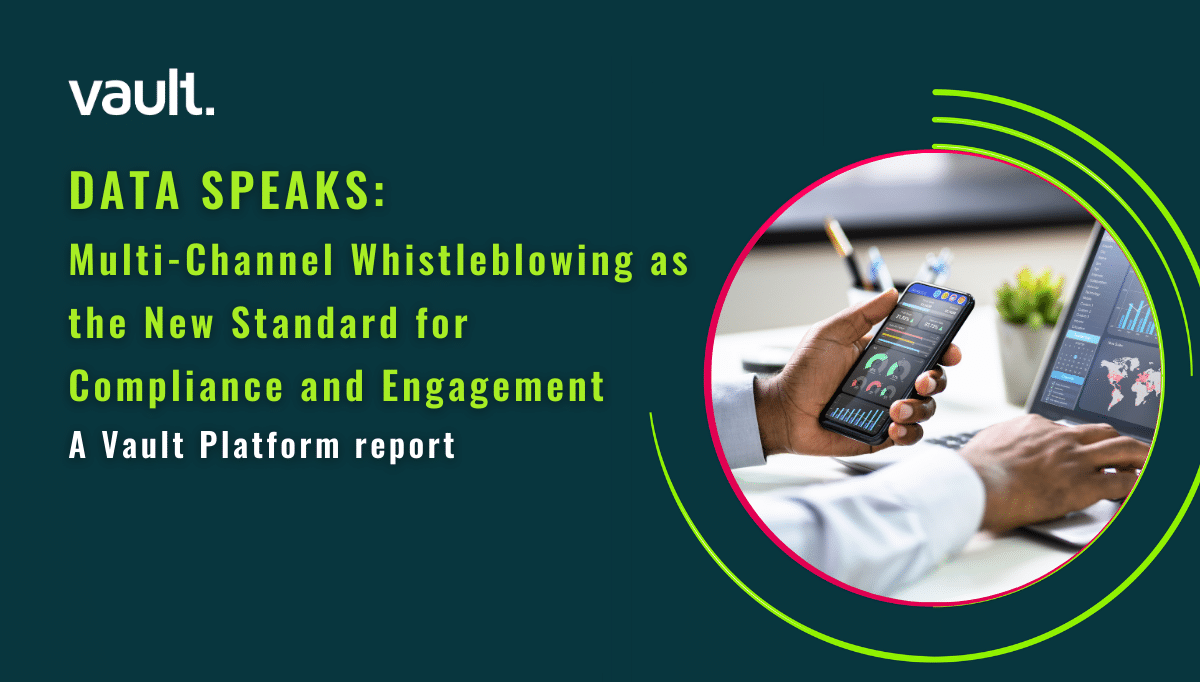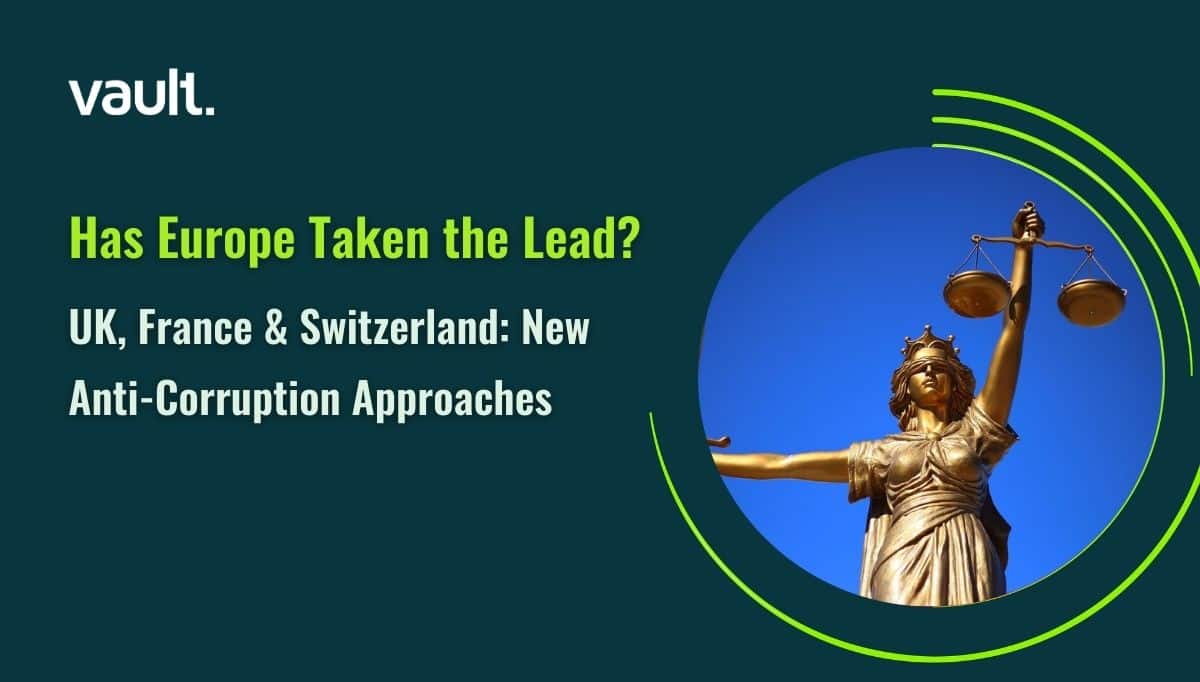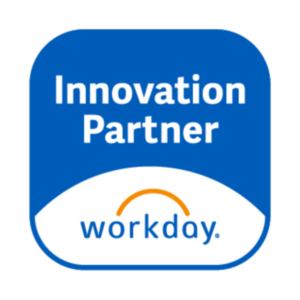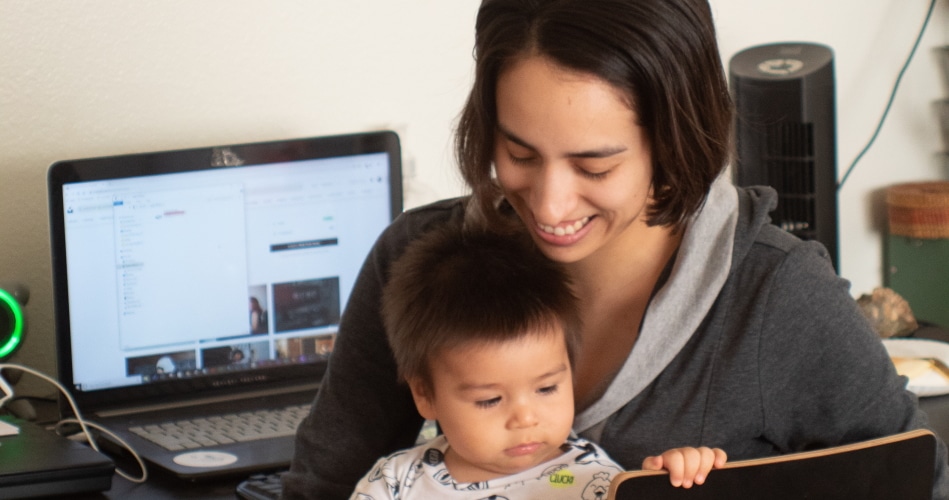
When the pandemic first hit businesses had to adapt to survive and as time goes on with no sign of a solution on the horizon many of those ‘quick fixes’ are still in place. But while it’s important for businesses and their respective functions to move with the circumstances, there is a clear requirement for Compliance functions to be aware of new or evolving risks those changes may have present.
These are words of warning from Mary Shirley, a Head of Culture of Integrity and Compliance Education, and co-host of the Great Women in Compliance podcast, this week.
One of the phrases we have all become familiar with over the last eight or so months is “the new normal” – used to refer to the fact that things changed overnight and that’s the way they will be for the foreseeable future and perhaps beyond.
Companies changed the way they did business to stay afloat or exploit new opportunities and this meant compliance had to move in sync. Shirley gives an example of such exceptions made during the pandemic. “Supply chains were disrupted, your usual suppliers may have run out of stock and you urgently had to source it from elsewhere from previously unused vendors. It may have been necessary to take action such as abbreviating the due diligence process or relaxing other control measures, especially in essential services business lines.”
But Shirley warns that savvy compliance functions will be going back to review those transactions where concessions were made to see if there are any checks and balances that could have since been completed and ensure all relevant documentation explaining those judgments is readily retrievable and comprehensive. “Tie up any loose ends that may have been left open during emergency circumstances,” she says.
We wrote an article over the summer urging companies to brace for a wave of lawsuits as a by-product of the already significant disruption caused by COVID-19. In the UK a grave warning came from Matthew Taylor, interim director of labor market enforcement and chief of The RSA, who said in late July that the pandemic was putting pressure on companies to cut corners regarding employee safety and wellbeing in a bid to stay in business.
As he launched the UK Labour Market Enforcement Annual Report, Taylor said a high-pressure economic environment would lead to the increased temptation of non-compliance, while simultaneously lowering the resistance of individuals at risk of being exploited as they struggle with employment.
Indeed, it’s well documented that during periods of significant stress within an organization, the rate of observed misconduct rises. In the recently released Global Business Ethics Survey, from the Ethics and Compliance Initiative (ECI), it is suggested that employees who feel under pressure are about 2x more likely to observe misconduct in their workplace than those who don’t feel under pressure. Whether these employees flag instances of misconduct to their employer is another matter however as we’ve discussed, people are less motivated to put themselves on the line during a time of economic uncertainty.
What all of this points to is that ethics and compliance are no longer process-driven strategies or a list of boxes to be checked off, they’re a dynamic part of the modern company culture. Companies should want to hear from their people what’s really happening on the ground. They should want to get a head’s up on problems before they grow out of control. As the saying goes: “the truth will out,” so companies blinkered to non-compliance now will be saving pain for the future.
How companies can do this is something we delve into in more detail in The Ethics Issue.
